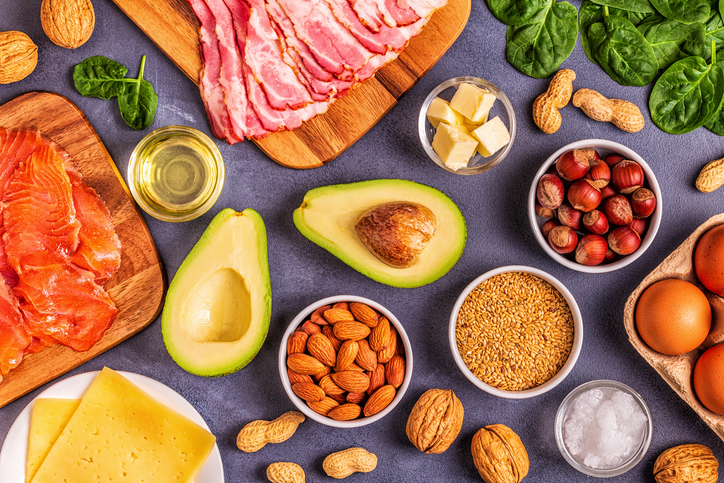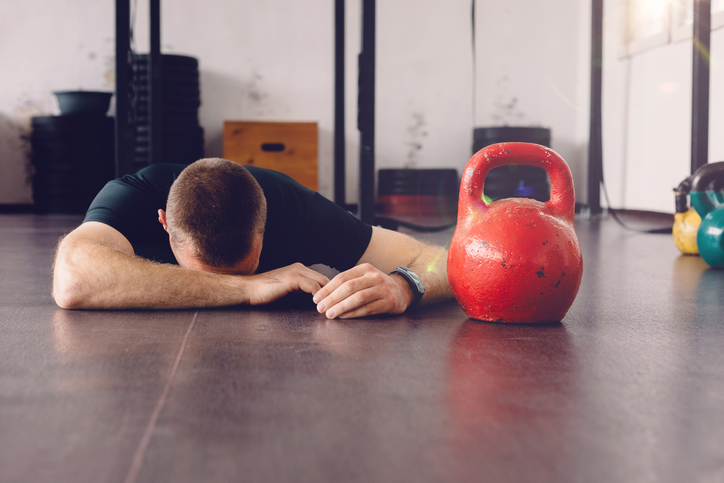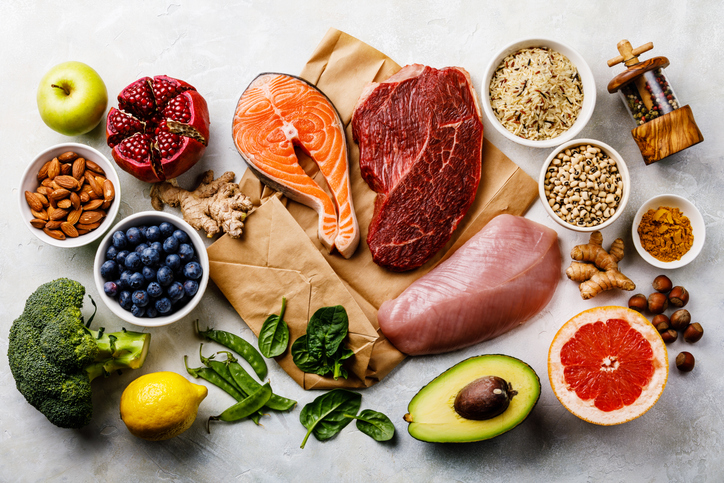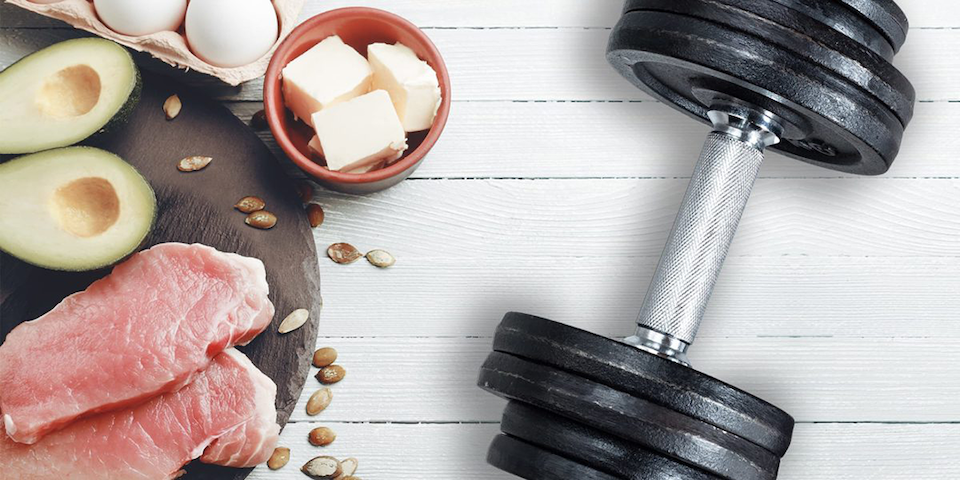Every now and then, a new diet trend emerges and takes over the media, store shelves, and nutritionists' offices. One such trend is the ketogenic diet, known for its rapid weight loss results and other health benefits.
However, there is ongoing debate about the effectiveness of the ketogenic diet, which involves reducing carbohydrate intake to increase fat burning. It can be challenging to maintain even without physical activity, so what happens when you combine a keto diet with bodybuilding?
Understanding the Ketogenic Diet

The ketogenic diet focuses on reducing carbohydrates and increasing fat intake to induce ketosis, a metabolic state where the body uses stored fat as its primary fuel source instead of carbs.
While most cells in the body prefer glucose from carbs as their primary energy source, when that is not available, stored fat is broken down into ketones for energy. Ketosis is achieved when ketone levels in the body increase above normal levels.
Typical meal options on a keto diet include eggs, meats, cheese, fibrous vegetables, oils, butters, and nuts.
Is Keto Compatible with Bodybuilding?
Due to the high energy demands of intense weightlifting, a ketogenic lifestyle may not be the best match for a bodybuilding routine. According to nutritionist Andrea N. Giancoli, while it is possible to train on a keto diet, the body requires carbohydrates for serious bodybuilding activities, which are lacking during ketosis.
Carbohydrates provide fuel for muscles, which store glycogen to power through strength-training sessions. Without enough glucose from carbohydrates in the diet, muscle glycogen stores decrease, leading to decreased athletic performance.
Individuals who lift weights frequently need at least half of their calories to come from carbohydrates, focusing on quality sources like beans, quinoa, and whole-grain bread.
Building Muscle on a Low-Carb Diet

While it is possible to build muscle on a low-carb diet, it is not recommended as it may take longer to see results. Dr. Dominic D'Agostino, a researcher and bodybuilder, explains that the body can take weeks or months to fully adapt to ketosis, resulting in decreased muscle fullness and hydration.
Protein intake is crucial for muscle growth, and a lack of protein on a keto diet can hinder muscle building, repair, and maintenance.
Challenges of Bodybuilding on a Keto Diet
Weightlifting on a keto diet means missing out on the energy provided by carbohydrates, leading to decreased performance and potentially compromising form and risking injury. The transition period to a keto diet may also result in side effects like fatigue, dizziness, and nausea.
Optimal Diet for Weightlifting

There is no one-size-fits-all diet for bodybuilders, but certain principles can help with muscle building and strength training:
1. Eat more protein
Ensure you have sufficient protein in your diet for muscle growth, repair, and recovery, especially after workouts.
2. Get enough calories
Consume enough calories to support muscle gain, accounting for your base metabolic rate and daily activity levels.
3. Balance your macros
Adjust your macronutrient intake based on your goals, focusing on quality sources like unsaturated fats and lean proteins.
